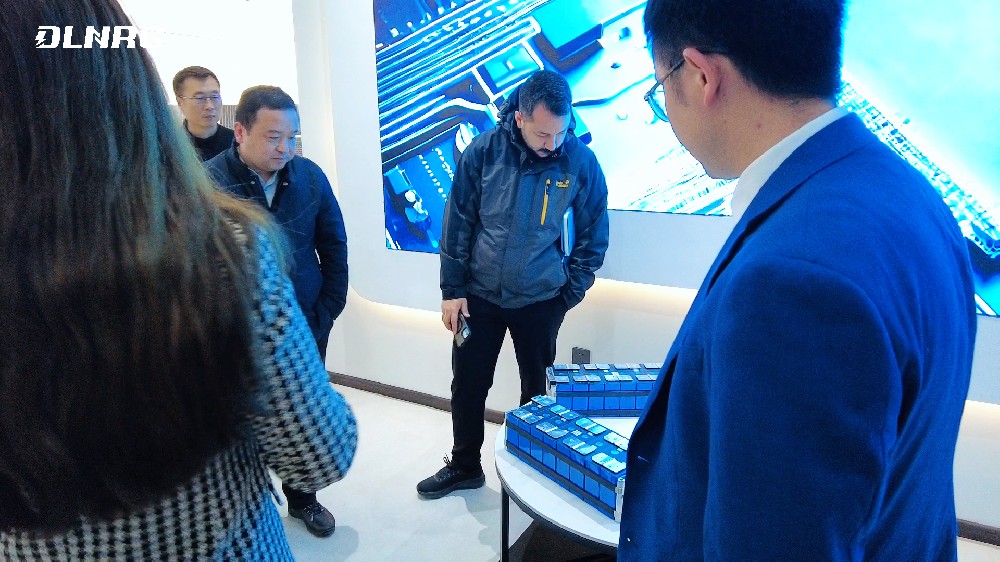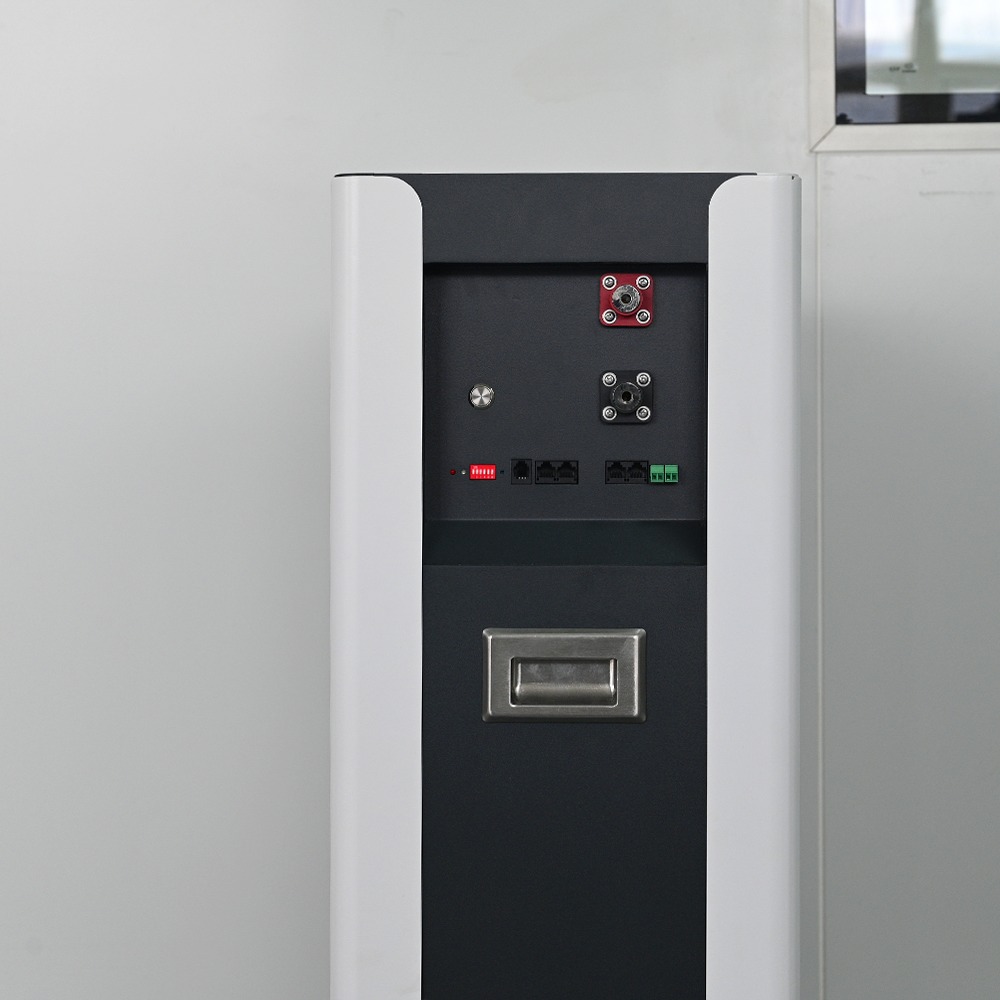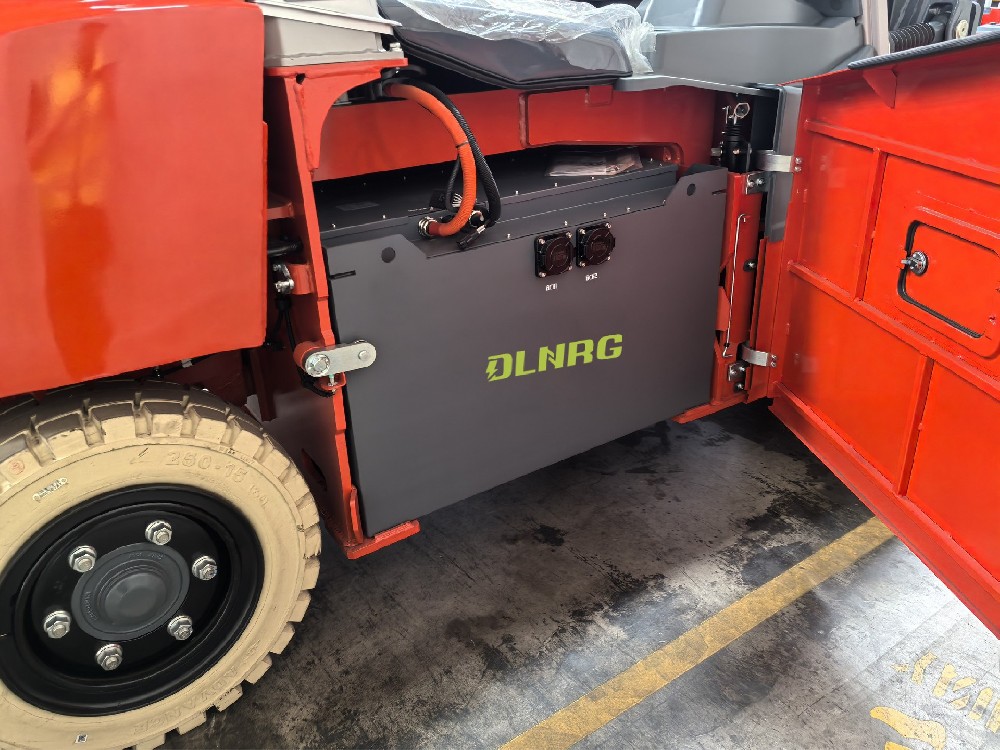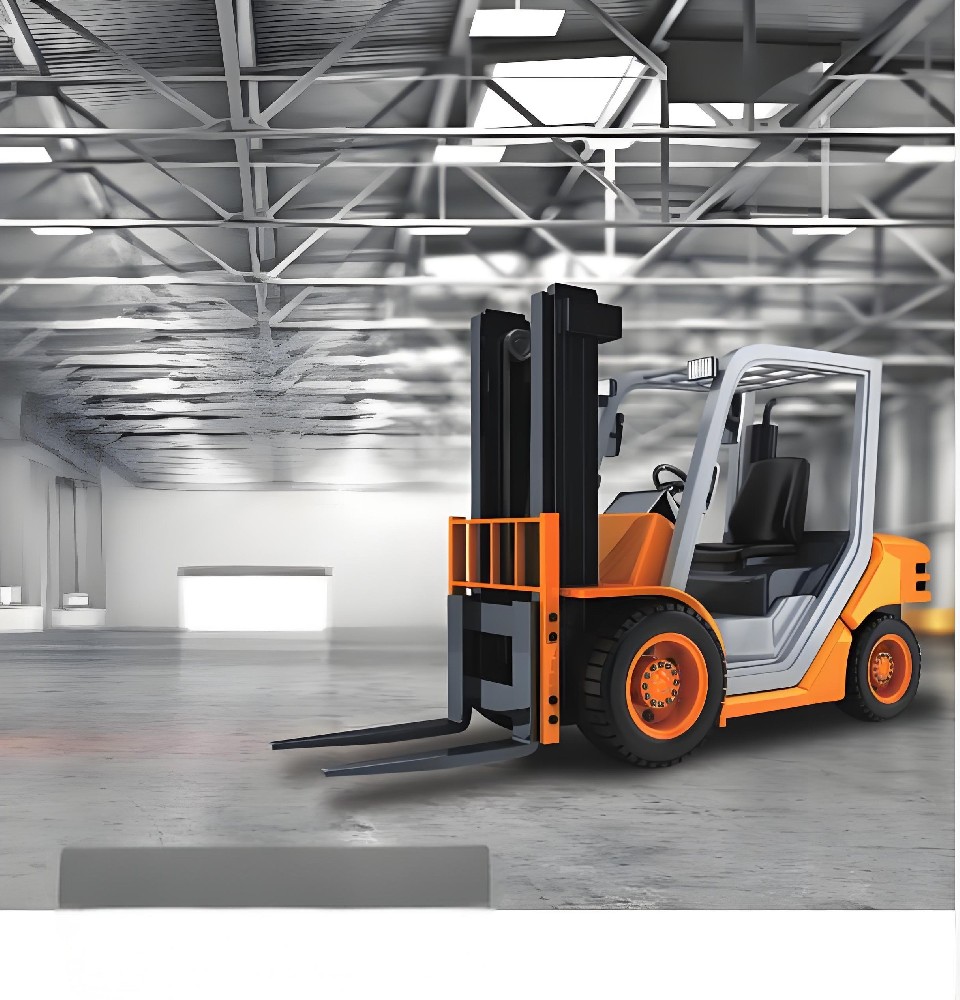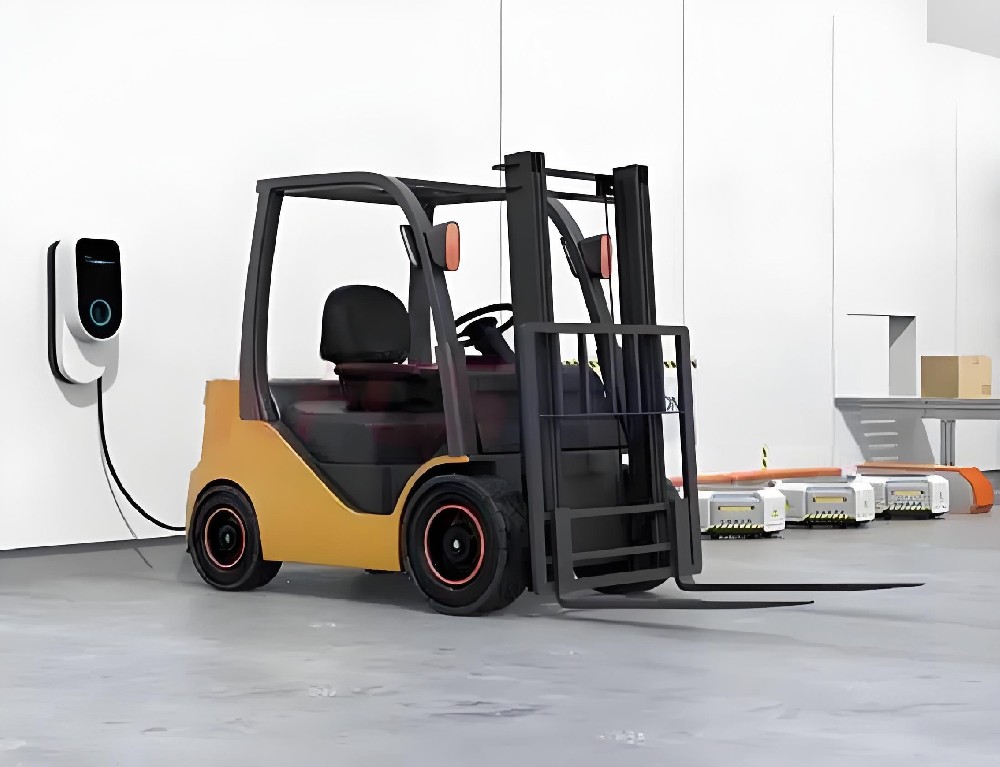The forklift industry has witnessed a series of evolutionary steps since its inception in the early 20th century. One of the most notable changes in recent years has been the shift from lead-acid batteries to lithium-ion batteries. This technological advancement has influenced how forklifts are powered and warehouse operations are conducted and improved overall.
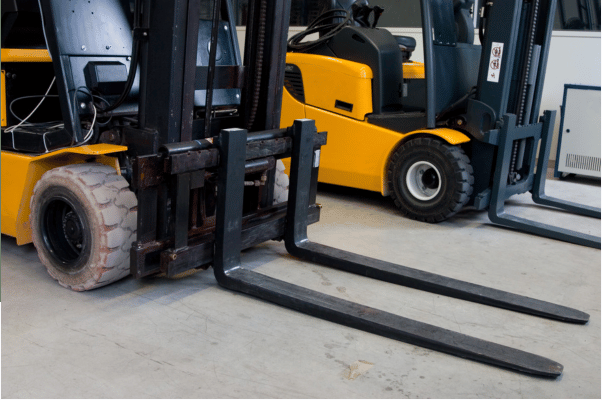
Lithium Batteries: An Overview
A lithium-ion battery is a type of rechargeable battery where lithium ions move from the negative electrode to the positive during discharge, and vice versa when charging. These batteries are known for their high energy densities, compactness, lightweight, and long lifespan, which make them an optimal choice for power-intensive applications such as forklift operations.
Why Are Lithium Batteries Becoming Popular in Forklifts?
1. Superior Performance
Lithium batteries offer a consistent power output, maintaining their voltage throughout the operation. This means that forklifts retain their full performance ability until the battery is nearly depleted. In comparison, lead-acid batteries gradually lose effectiveness as they discharge, negatively affecting the forklift’s performance.
2. Fast and Efficient Charging
Lithium batteries can be charged much faster than traditional lead-acid counterparts, often in less than two hours. This quick recharge time reduces downtime for forklift operators, promoting efficiency in warehousing operations. Additionally, lithium batteries endure no significant adverse impact from partial charging cycles. This allows for opportunity charging during short breaks.
3. Longer Lifespan
On average, lithium batteries have a lifespan that is two to three times longer than that of lead-acid batteries. Their longevity reduces the need for frequent replacements, which, in turn, decreases operational expenses and the environmental impact of disposing of old batteries.
4. Eco-friendliness
Aside from yielding less waste through extended battery life, lithium batteries also have an eco-friendly footprint as they omit less carbon dioxide and harmful pollutants than lead-acid equivalents. They also require no water maintenance, eliminating the risk of acid spills.
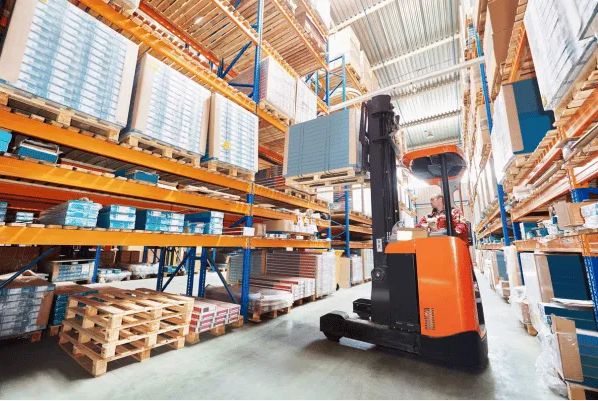
Challenges Faced
Despite these advantages, lithium batteries do come with specific challenges. They require a more complex management system to protect against overcharging and overheating. Also, the initial costs of lithium batteries are higher, making them a considerable investment. However, with their extended lifespan and efficiency gains, many businesses find that the investment pays off in the long run.
Conclusion
Modern forklifts powered by lithium batteries are revolutionizing the warehousing industry, providing superior advantages over conventional forklifts. From high energy efficiency to environmentally friendly operations, the benefits are rapidly making lithium batteries the power source of choice. As the march of technology continues, the role of lithium batteries in the forklift industry is set to be increasingly significant and transformative.
